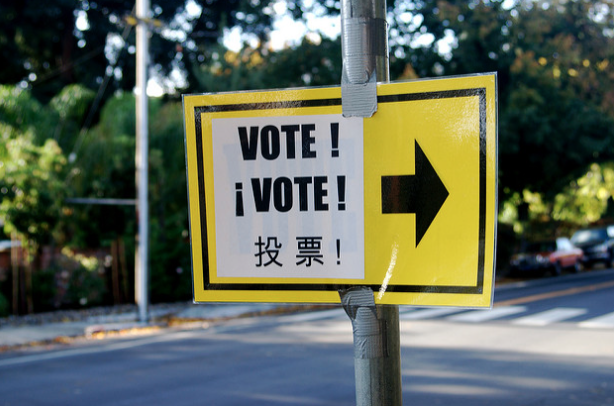Title Page
What Happens When Affordability Restrictions Expire for Half a Million Homes? Next City.
Introduction
Nowhere For People To Go: Who will survive the gentrification of Atlanta? The Guardian.
Atlanta is also a special case in the history of housing in the US. It was the first city to develop public housing in 1936 and the first, early this century, to close it down completely, leaving all its housing subject to the invisible hand of market forces.
An analysis by Governing magazine ranked Atlanta fifth among US cities experiencing the most gentrification, with more than 46% of its census tracts currently gentrifying. According to the city, median rents are up 28% since 2000, compared with just 9% nationwide over the same timespan. A 2018 report by HotPads found rent in the city was rising three times faster than the national median. It also ranks third nationwide for evictions, with over 400 cases being processed a month.
Executive Summary
Just one of the many side effects of climate change: real estate prices. But how exactly the two are related depends, according to a recent study, at least in part on whether or not people in the area believe in climate change to begin with.
A team of researchers from the University of Chicago and the University of British Columbia used sale prices for coastal homes, along with future inundation risks due to changing sea levels as well as attitudes about climate change. "We discovered that homes projected to be underwater sell for more in counties with more climate change deniers, relative to believers," the authors wrote in The Conversation. "In other words, houses projected to be underwater in “believer” neighborhoods tend to sell at a discount compared to houses in “denier” neighborhoods. One standard deviation increase in the fraction of believers leads to a 7 percent difference in the price of a home projected to be underwater."
The study controlled for a range of factors, including housing stock characteristics, age and distance from the coast as well as things like short-term flood risk.
Not quite coastal but still very much vulnerable to the effects of climate change, at least in Houston, according to the most recent Kinder Houston Area Survey, residents are increasingly concerned with climate change and convinced it is largely caused by human actions. Notably, the researchers underscore that the findings don't account for the difference between skepticism about climate change period and skepticism toward policy responses and possible mitigations.
Still, they conclude in their paper, "Our work shows that the effects of projected climate changes may impact real estate prices decades before the projected damages are expected to occur."
Conclusion
This year's midterm elections have seen record early voting numbers. Early voters in El Paso, for example, had already surpassed the total early voting turnout in the last midterm elections in just two days of early voting this year. But experts caution against reading too much into the numbers when it comes to outcomes. So while nationally, Republican voters seem to be outnumbering Democratic voters, that's partly because of mail-in ballots.
“The ebb and flow of the election cycle generally is — and it’s not true in every single state but it is true in the national aggregate — Republicans tend to run up the score early with the absentee vote, Democrats come back strong with a pretty massive surge in in-person early voting, then on Election Day the vote tends to be closer to parity with a slight Republican lead,” Tom Bonier, the chief executive of TargetSmart, a data analytics firm, told the New York Times.
But even experts who note that multiple factors can contribute to jumps in early voting numbers, like new laws, campaign strategies and other changes, acknowledge this year's spike. "[M]y judgment looking at these numbers — and I’ve been doing this since 2008 — is that there is higher turnout," said Michael McDonald, a political science professor at the University of Florida, to the Times.
Endnotes
*rages in disabled*
— Mx. Ahhhhhhhhh!!madi (@amaditalks) October 23, 2018
This is common and a form of voter suppression we don’t ever seem to have time or space to talk about. https://t.co/fUYaR7uAf8

